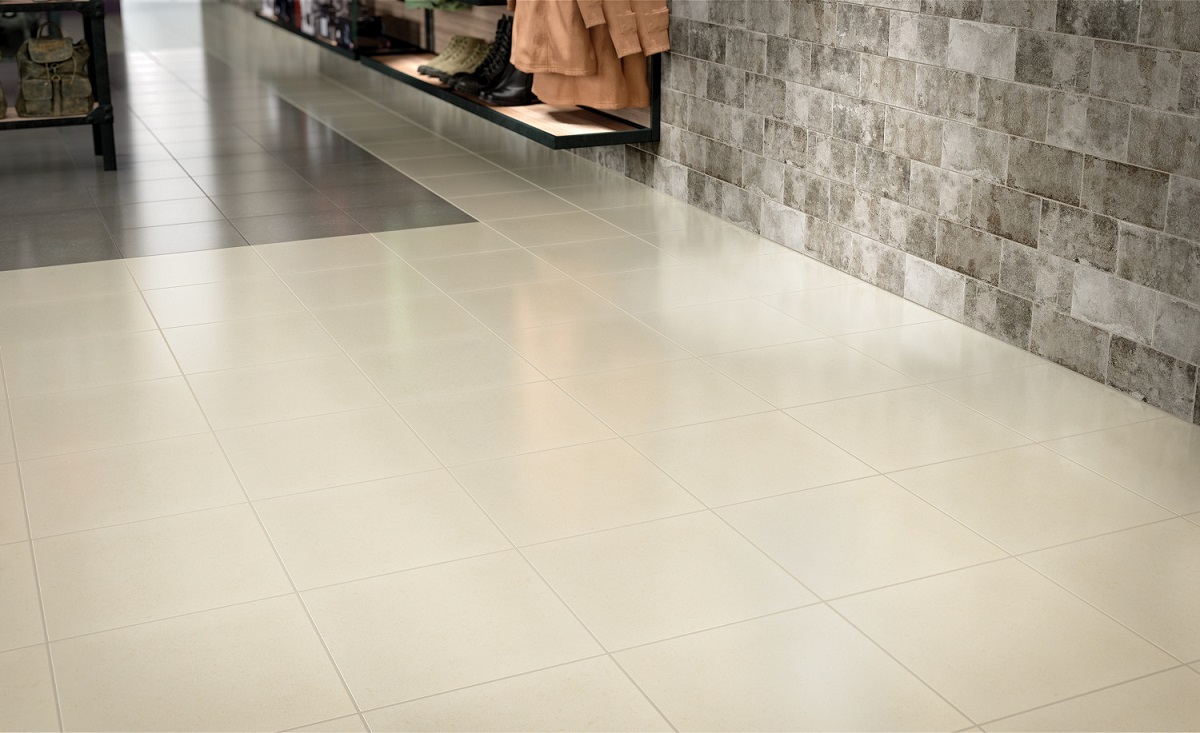

Articles
What Are Floor Tiles Made Of
Modified: December 7, 2023
Discover the various materials used to create floor tiles in this informative article. From ceramic to porcelain and everything in between, learn what makes each option unique.
(Many of the links in this article redirect to a specific reviewed product. Your purchase of these products through affiliate links helps to generate commission for Storables.com, at no extra cost. Learn more)
Introduction
When it comes to enhancing the aesthetics and functionality of our homes, floor tiles play a crucial role. These versatile and durable materials offer a wide range of options to suit various styles and preferences. From traditional ceramic tiles to contemporary glass tiles, there are numerous choices available in the market today.
In this article, we will explore the different types of floor tiles and the materials they are made of. By understanding the features and benefits of each type, you can make an informed decision when selecting the perfect tiles for your home or project.
So, let’s dive into the fascinating world of floor tiles and discover what they are made of!
Disclaimer: The following information is intended to provide a general overview of the materials commonly used in floor tiles. It is always recommended to consult with a professional before making any purchasing decisions.
Key Takeaways:
- Ceramic, porcelain, natural stone, glass, concrete, vinyl, and laminate tiles offer diverse options for flooring. Each type has unique qualities, from durability to aesthetic appeal, catering to various preferences and practical needs.
- Understanding the materials and characteristics of different floor tiles is crucial for making an informed decision. Whether seeking elegance, durability, or cost-effectiveness, there’s a tile type to suit every space and style preference.
Read more: What Is A Ceiling Tile Made Of
Ceramic Tiles
Ceramic tiles are one of the most popular choices for flooring due to their affordability and versatility. These tiles are made from a mixture of clay and other natural materials, which are then fired at high temperatures to produce a hard and durable surface.
There are two main types of ceramic tiles: glazed and unglazed. Glazed ceramic tiles have a layer of liquid glass applied to the surface, which gives them a shiny, protective finish. This glazing not only adds aesthetic appeal but also makes the tiles resistant to stains, scratches, and moisture. Unglazed ceramic tiles, on the other hand, have a natural and rustic appearance. They do not have a glaze coating and are generally suitable for areas with less foot traffic.
Ceramic tiles come in a wide range of colors, patterns, and sizes, making them easily customizable to suit any design preference. They are commonly used in kitchens, bathrooms, and other areas where water resistance is necessary. Additionally, ceramic tiles are known for their low maintenance requirements, as they are easy to clean and maintain over time.
It is worth noting that while ceramic tiles are durable, they may not be as resistant to heavy impact or extreme temperatures compared to other types of tiles. Therefore, it’s important to consider the specific requirements of your space before selecting ceramic tiles for your flooring needs.
Porcelain Tiles
Porcelain tiles are a popular choice for both residential and commercial flooring due to their exceptional durability and low porosity. These tiles are made from clay that is denser and fired at higher temperatures compared to ceramic tiles, resulting in a harder and more impervious material.
Porcelain tiles are known for their strength and resistance to wear and tear, making them suitable for high-traffic areas. Their dense composition also makes them highly resistant to stains, bacteria, and chemicals, making them an ideal choice for kitchens, bathrooms, and other areas prone to spills and accidents.
One of the key advantages of porcelain tiles is their ability to mimic the look of other natural materials, such as marble, granite, or wood. With advanced printing technologies, manufacturers can create realistic and detailed patterns on the tile surface, providing a luxurious and upscale appearance without the high maintenance and cost associated with the natural materials.
In addition to their durability and aesthetic appeal, porcelain tiles also offer excellent thermal conductivity, making them compatible with underfloor heating systems. This feature enhances the comfort and warmth of your living space, especially during colder months.
It’s important to note that porcelain tiles can be more expensive than ceramic tiles due to the manufacturing process and their superior qualities. However, the long-term benefits, including their resilience and longevity, often make them a worthwhile investment.
Overall, porcelain tiles are a fantastic choice for those seeking a combination of durability, versatility, and style. Whether you want a sleek and modern finish or a rustic and natural look, porcelain tiles can meet your flooring needs with ease.
Natural Stone Tiles
Natural stone tiles are prized for their timeless beauty and unique characteristics. These tiles are made from various types of natural stones, including marble, granite, travertine, slate, limestone, and sandstone. Each type of stone offers its own distinct patterns, colors, and textures, making natural stone tiles a popular choice for those looking to create a luxurious and elegant atmosphere.
The manufacturing process for natural stone tiles involves cutting the stones into thin slabs and polishing them to achieve a smooth and refined surface. The natural variations in color and veining of the stones create stunning visual effects, adding depth and character to any space.
One of the advantages of natural stone tiles is their durability. They are incredibly strong and can withstand heavy foot traffic, making them suitable for both residential and commercial applications. However, it’s important to note that different types of natural stones have varying levels of hardness and durability, so it’s essential to select the appropriate stone for the intended use.
In addition to their aesthetic appeal and strength, natural stone tiles also have a unique ability to regulate temperature. They can remain cool in hot climates and retain warmth in cooler environments, providing natural comfort underfoot.
It’s worth mentioning that natural stone tiles require regular maintenance to preserve their beauty and prevent staining. Sealing the tiles is necessary to protect them from moisture, spills, and other potential damage. However, proper care and maintenance can ensure the longevity and beauty of natural stone tiles for many years to come.
Overall, natural stone tiles are a luxurious and timeless choice for those seeking to add a touch of sophistication to their spaces. With their natural beauty, durability, and unique characteristics, these tiles are sure to make a lasting impression.
Glass Tiles
Glass tiles are a modern and stylish option for floor tiles, known for their reflective and translucent properties. These tiles are made by heating and cooling a combination of silica and other materials, resulting in a durable and visually stunning product.
One of the main advantages of glass tiles is their ability to create a sense of depth and luminosity in a space. The transparency of the tiles allows light to pass through, creating a captivating play of light and shadow. This makes them a popular choice for areas where you want to enhance natural light or create a vibrant and visually dynamic environment.
Glass tiles come in a variety of colors, finishes, and sizes, offering endless design possibilities. Whether you prefer a solid color or a mosaic pattern, glass tiles can add a touch of elegance and sophistication to any room.
In addition to their aesthetic appeal, glass tiles are highly resistant to stains, mold, and mildew. Their non-porous surface makes them easy to clean and maintain, making them a suitable choice for high-moisture areas such as bathrooms and kitchens.
While glass tiles are generally durable, they may not be as resistant to heavy impact as other types of tiles. It’s important to consider the specific requirements of your space and ensure proper installation to avoid potential breakage.
As with any specialty tile, glass tiles may be more expensive than ceramic or porcelain tiles. However, their unique beauty and versatility can create a stunning focal point or accent that sets your space apart.
If you’re looking to add a contemporary and glamorous touch to your flooring, glass tiles may be the perfect choice. With their eye-catching designs and light-reflecting properties, they can transform any room into a sophisticated and visually striking space.
When choosing floor tiles, consider the material they are made of. Ceramic tiles are durable and easy to clean, while porcelain tiles are even more durable and water-resistant. Natural stone tiles like marble or granite add a luxurious touch but require more maintenance. Choose the material that best suits your needs and style preferences.
Read more: What Is Best Mop For Tile Floors
Concrete Tiles
Concrete tiles are a popular choice for modern and industrial-style interiors. Made from a mixture of cement, sand, and water, these tiles offer a sleek and minimalist aesthetic, along with excellent durability and versatility.
What sets concrete tiles apart is their ability to be customized in terms of shape, size, and color. They can be poured into molds to create various textures and patterns, allowing for endless design possibilities. From smooth and polished finishes to rough and textured surfaces, concrete tiles can add a contemporary and edgy touch to any space.
One of the key advantages of concrete tiles is their strength and resistance to wear and tear. They are highly durable and can withstand heavy foot traffic, making them suitable for both residential and commercial use. Additionally, concrete tiles are highly resistant to moisture and stains when properly sealed, making them a great choice for bathrooms, kitchens, and other high-moisture areas.
Concrete tiles also have excellent thermal properties, retaining heat in colder climates and staying cool in warmer environments. This makes them compatible with underfloor heating systems and adds to the comfort of your living space.
It’s important to note that concrete tiles require proper installation and sealing to ensure their longevity and to protect them from stains and moisture. They may also need periodic resealing or waxing to maintain their appearance and durability.
When it comes to maintenance, concrete tiles are generally easy to clean. Regular sweeping or vacuuming, followed by mopping with a mild soap solution, is usually sufficient to keep them looking their best.
Overall, concrete tiles offer a contemporary and industrial charm that can enhance the aesthetic appeal of any space. With their durability, versatility, and customizable options, these tiles are an excellent choice for those seeking a modern and unique flooring solution.
Vinyl Tiles
Vinyl tiles are a popular flooring option known for their affordability, versatility, and easy maintenance. These tiles are made from synthetic materials, primarily PVC (polyvinyl chloride), and are available in a wide range of colors, patterns, and textures.
One of the main advantages of vinyl tiles is their durability. They are highly resistant to stains, scratches, and moisture, making them suitable for high-traffic areas and areas prone to spills, such as kitchens and bathrooms. Additionally, vinyl tiles are often backed with a layer of felt or foam, providing added comfort underfoot and insulation against noise.
Another benefit of vinyl tiles is their ease of installation. They come in various formats, including self-adhesive tiles and interlocking tiles, making them simple to install as a DIY project. Additionally, vinyl tiles can be installed over existing flooring, saving both time and money compared to the removal and replacement of the floor.
Vinyl tiles are also known for their low maintenance requirements. Regular sweeping or vacuuming and occasional mopping with a mild detergent solution are typically all that’s needed to keep them clean and looking their best. Additionally, vinyl tiles are resistant to fading, making them an excellent choice for spaces exposed to sunlight.
It’s important to note that while vinyl tiles are durable, they may not be as long-lasting as some other types of flooring materials. However, they offer a cost-effective solution that can be easily replaced or updated when desired.
Overall, vinyl tiles are a practical and budget-friendly option for those seeking a versatile and easy-to-maintain flooring solution. Whether you prefer a traditional or modern aesthetic, vinyl tiles can provide a durable and stylish foundation for your space.
Laminate Tiles
Laminate tiles are a popular choice for those seeking the look of hardwood or natural stone at a more affordable price. These tiles are made from a multi-layered synthetic material that is fused together under high pressure and heat. The top layer of laminate tiles is a high-resolution image that mimics the appearance of natural materials.
One of the main advantages of laminate tiles is their durability. The composite material used in their construction makes them resistant to stains, scratches, and wear, making them suitable for high-traffic areas in both residential and commercial spaces.
Laminate tiles are also known for their easy installation. They often feature a click-lock system, allowing for a floating installation without the need for glue or nails. This makes them a popular choice for DIY enthusiasts who prefer to install the flooring themselves.
In addition to their durability and ease of installation, laminate tiles are low maintenance. Regular sweeping or vacuuming and occasional damp mopping are usually sufficient to keep them clean and looking great. However, it’s important to avoid excessive moisture, as it can cause the tiles to warp or swell over time.
One of the key advantages of laminate tiles is their versatility in design. They are available in a wide range of patterns and finishes, including wood grain and stone textures. This allows you to achieve the desired aesthetic for your space without the higher cost and maintenance requirements associated with natural materials.
While laminate tiles offer an affordable alternative to hardwood or natural stone, it’s important to note that they may not have the same level of authenticity or longevity. Over time, they may show signs of wear and can be more susceptible to moisture damage compared to their natural counterparts. However, with proper care and maintenance, laminate tiles can provide a durable and beautiful flooring solution for many years.
In summary, laminate tiles offer a cost-effective and versatile option for those seeking the look of hardwood or natural stone. With their durability, easy installation, and low maintenance requirements, they can transform any space into an aesthetically pleasing environment.
Summary
Floor tiles come in a wide variety of materials, each offering unique qualities and characteristics. By understanding the different types of floor tiles and the materials they are made of, you can choose the perfect option for your space.
Ceramic tiles, made from clay and fired at high temperatures, are affordable, versatile, and easy to maintain. Porcelain tiles, denser and harder than ceramic tiles, offer exceptional durability, low porosity, and the ability to mimic the look of natural stones.
Natural stone tiles, such as marble, granite, and limestone, provide timeless beauty and unique variations. Glass tiles add a modern and reflective touch, allowing light to play and creating a sense of depth. Concrete tiles offer a sleek and industrial aesthetic, with customizable options and excellent durability.
Vinyl tiles are a cost-effective and versatile choice, offering durability, easy installation, and low maintenance. Laminate tiles mimic the look of hardwood or natural stone at a more affordable price, with durability and easy installation.
Each type of floor tile has its own set of advantages and considerations, allowing you to find the perfect balance of style, durability, and maintenance requirements for your specific needs.
Whether you prefer the classic elegance of natural stone, the sleekness of glass tiles, or the affordability of vinyl and laminate tiles, there is a floor tile option to complement any space and enhance its overall aesthetic appeal.
Ultimately, the choice of floor tiles depends on your personal preferences, budget, and the specific requirements of your space. It’s always recommended to consult with professionals or tile experts to ensure you make an informed decision and achieve the desired results.
So, whether you’re renovating your home or starting a new project, explore the world of floor tiles and discover the perfect choice to create a beautiful and functional space that you’ll love for years to come.
Frequently Asked Questions about What Are Floor Tiles Made Of
Was this page helpful?
At Storables.com, we guarantee accurate and reliable information. Our content, validated by Expert Board Contributors, is crafted following stringent Editorial Policies. We're committed to providing you with well-researched, expert-backed insights for all your informational needs.
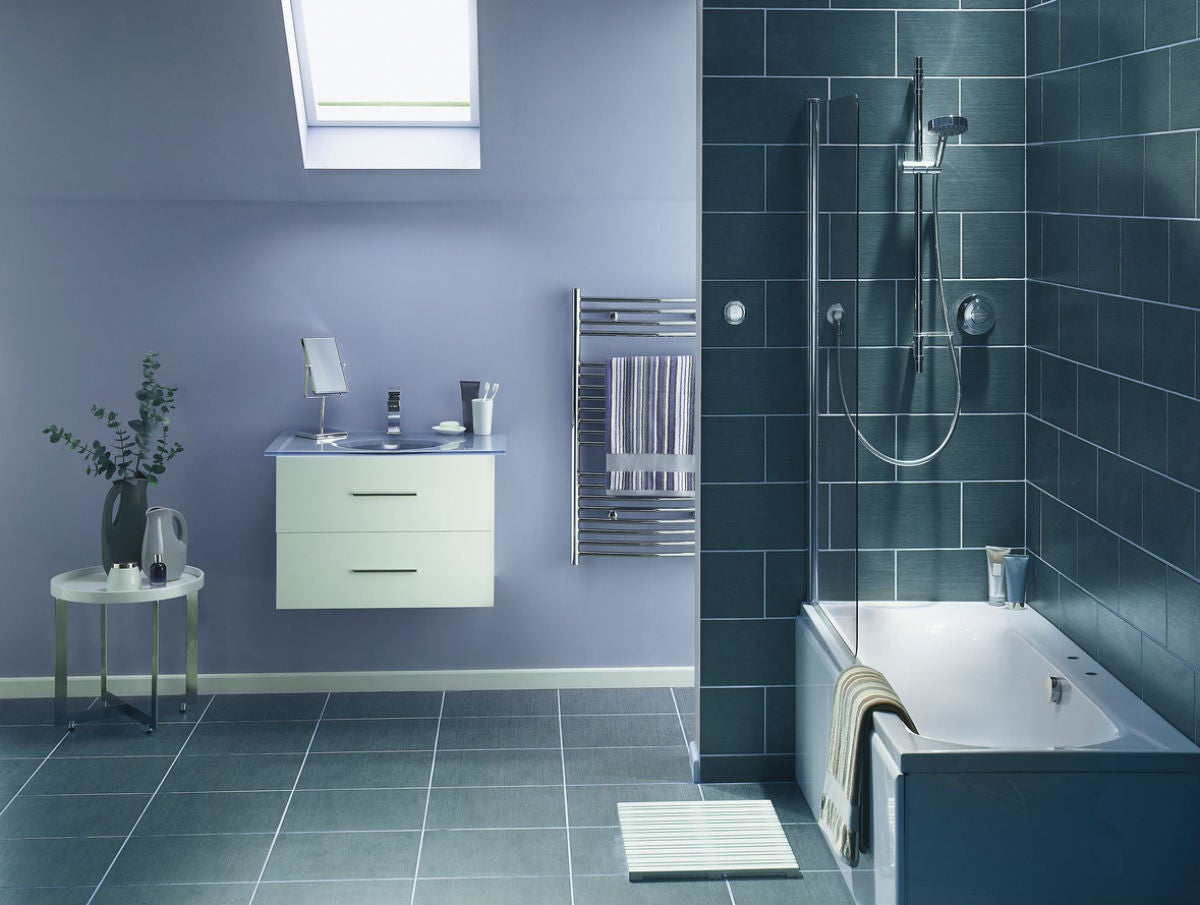
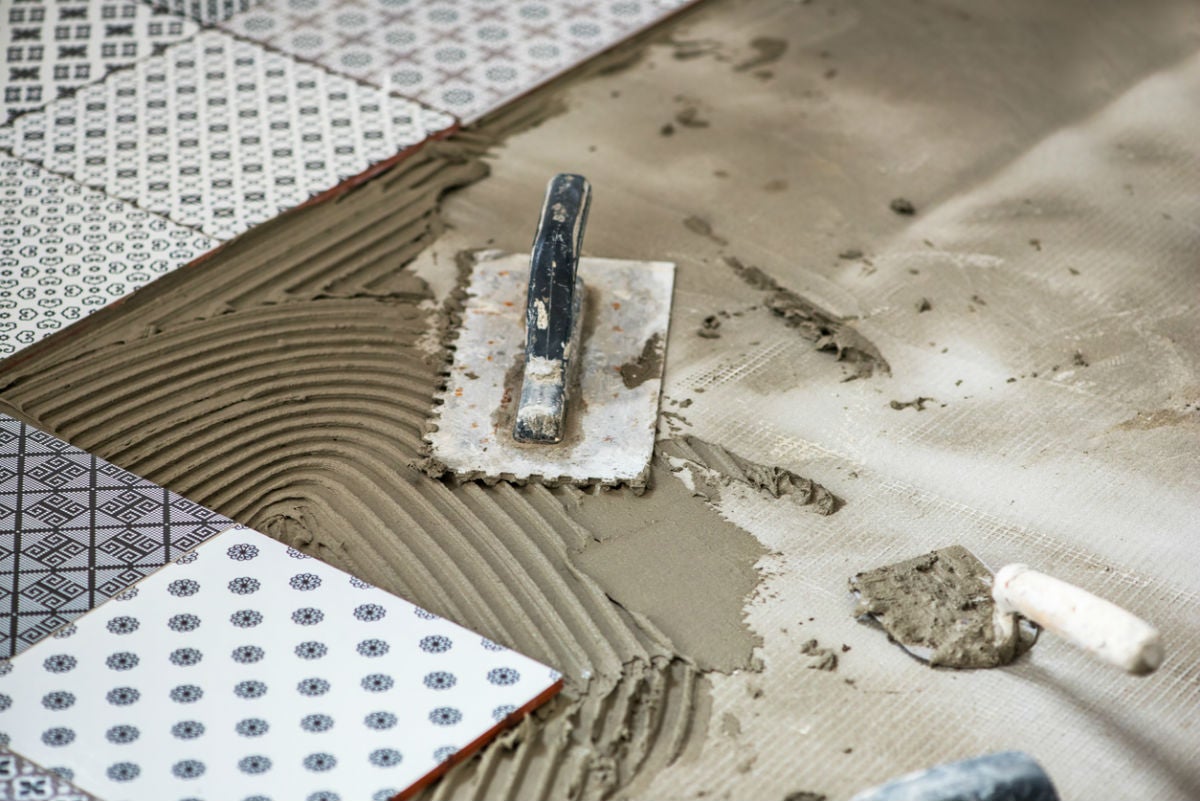
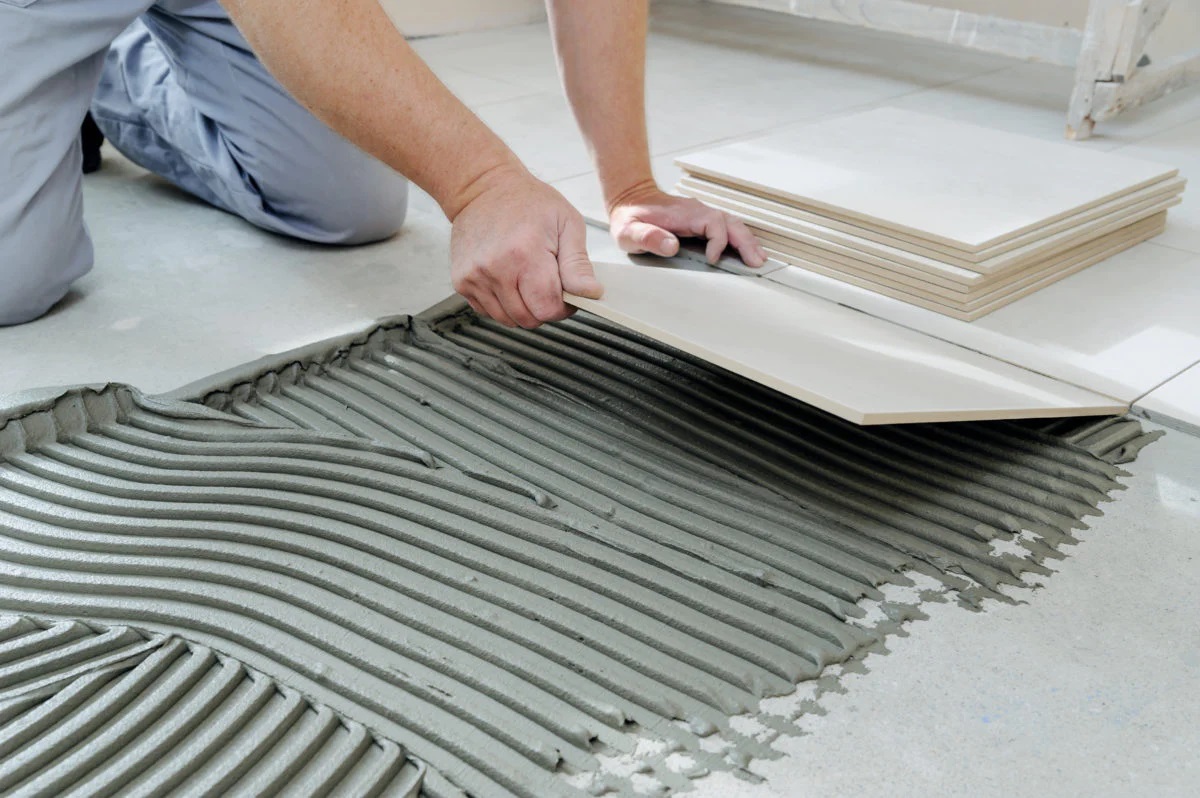
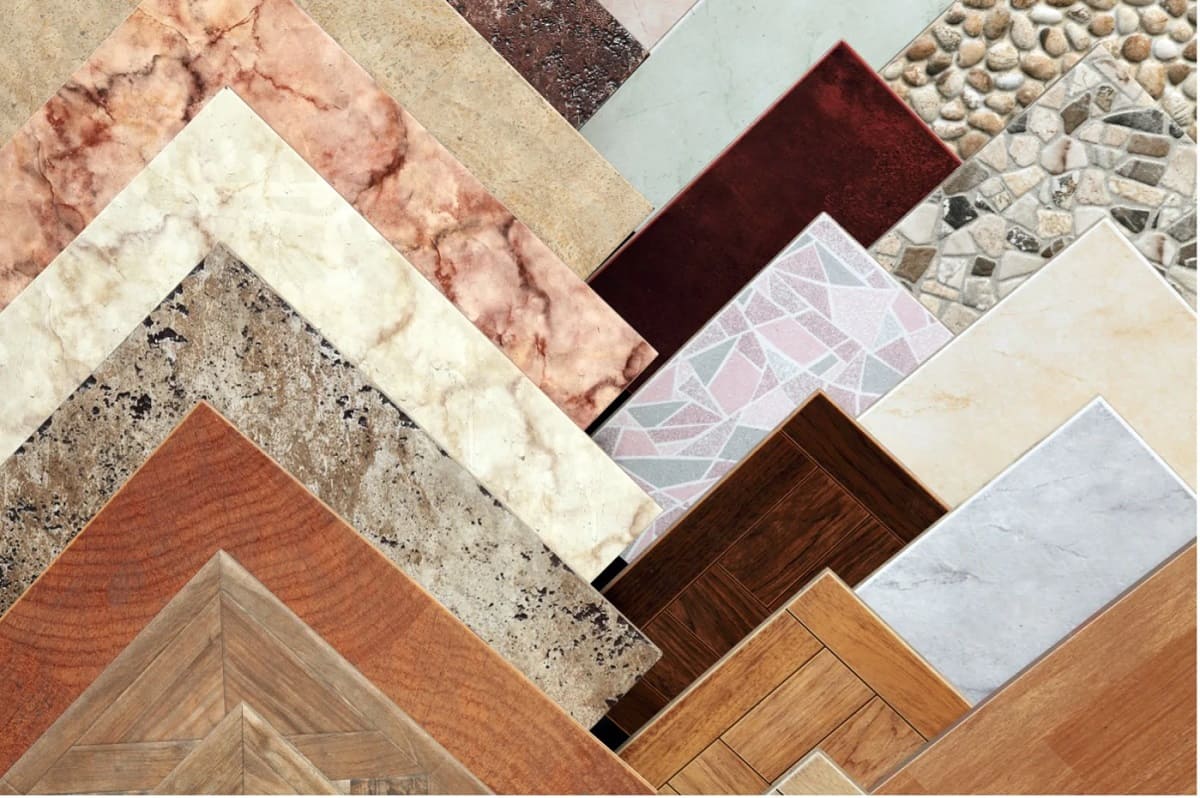
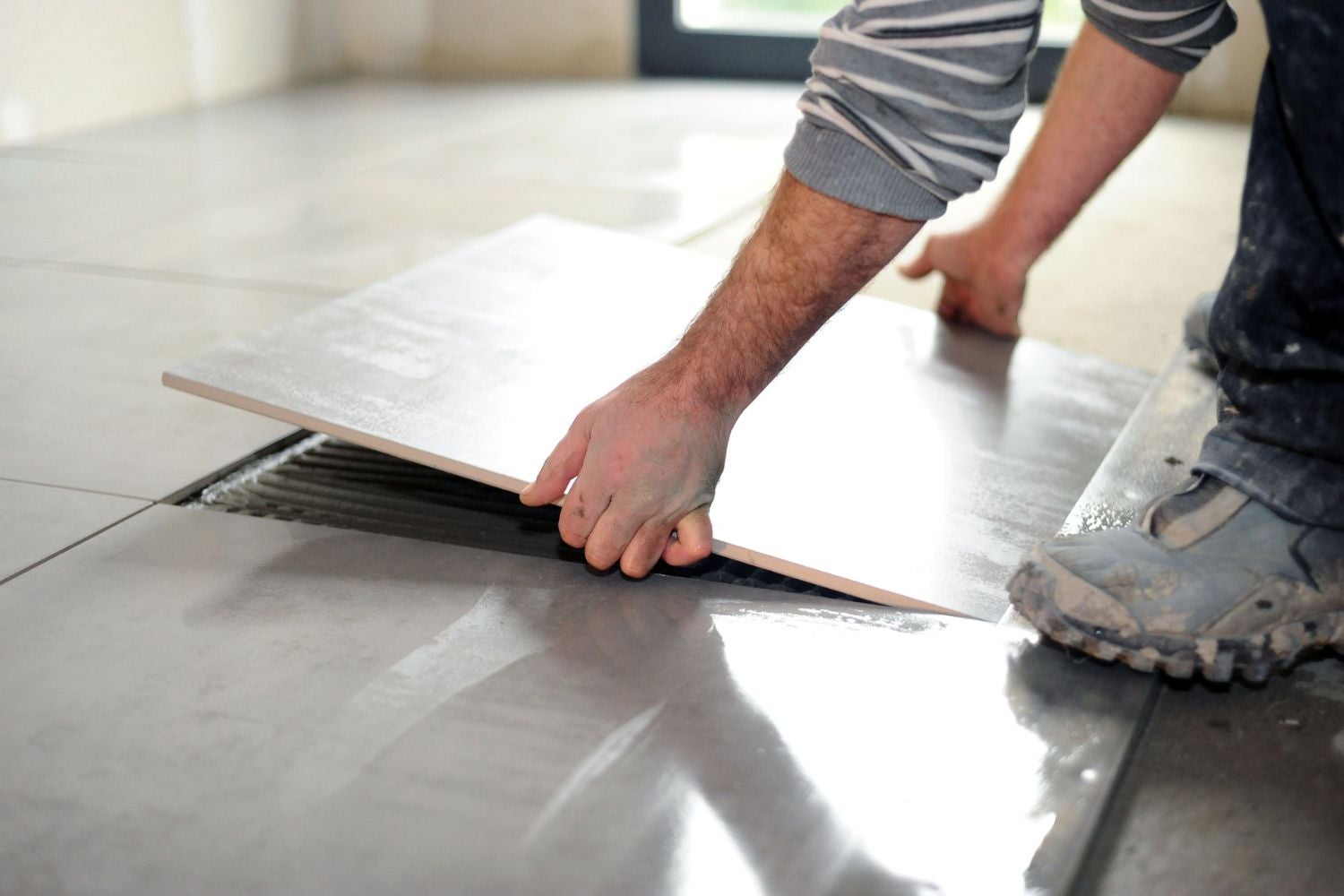

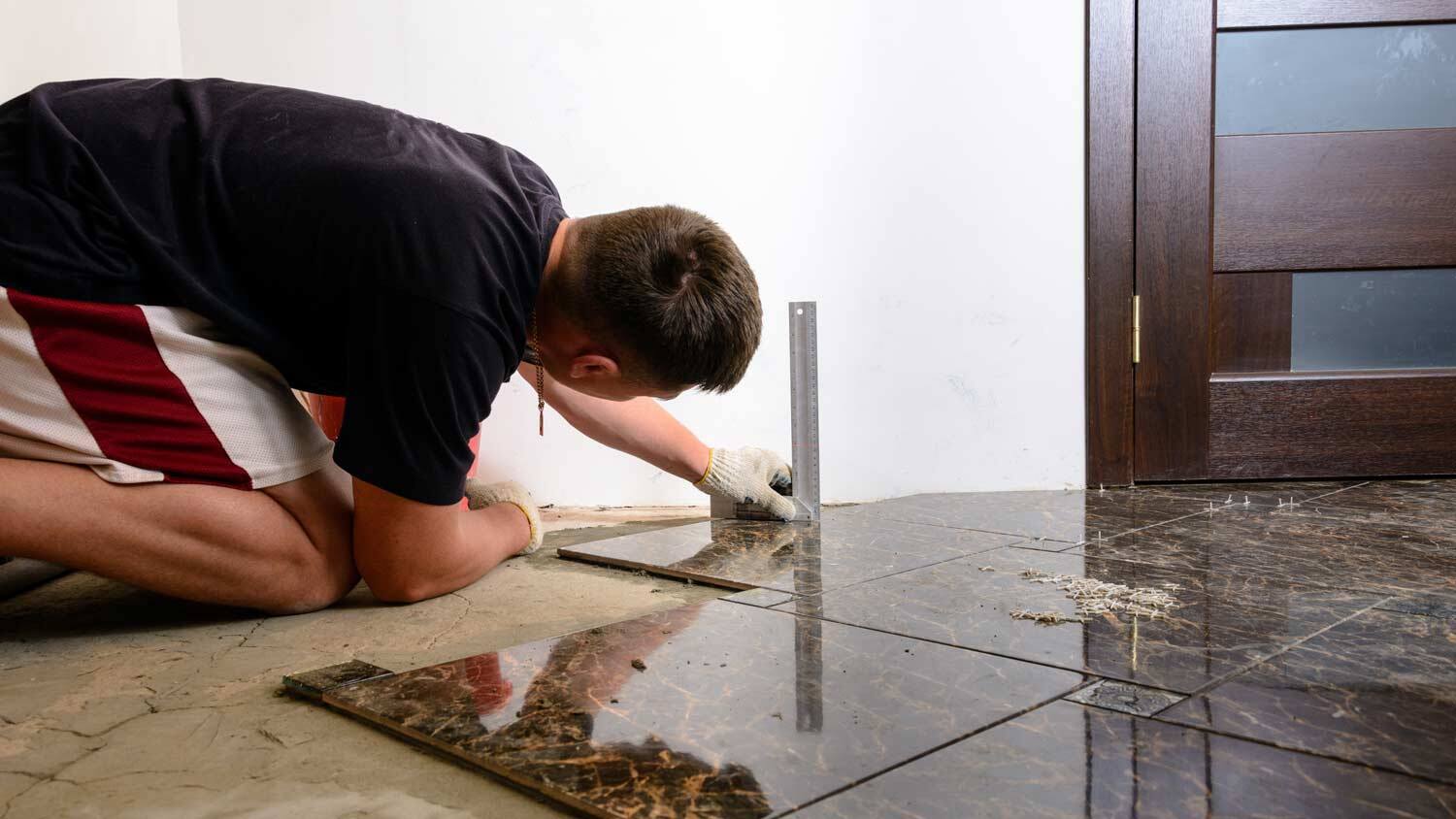
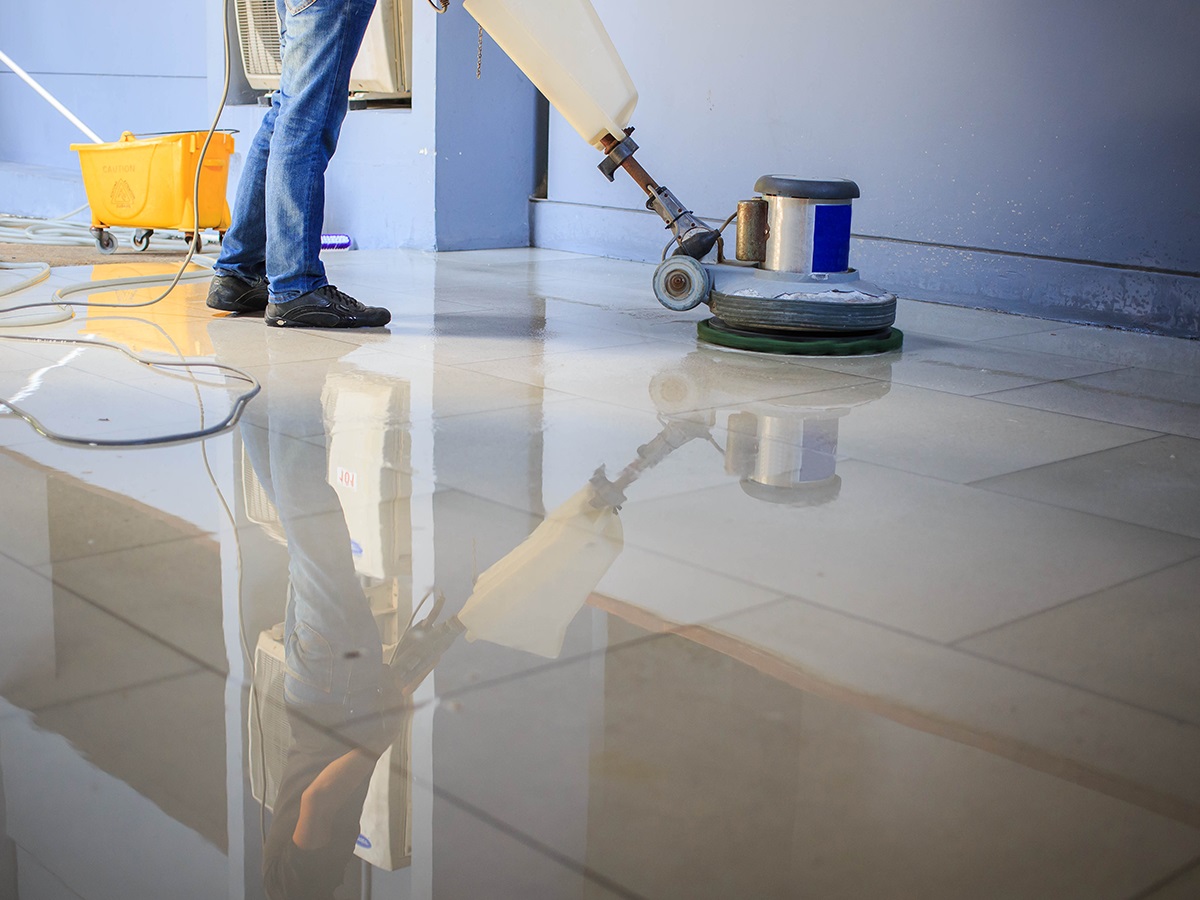
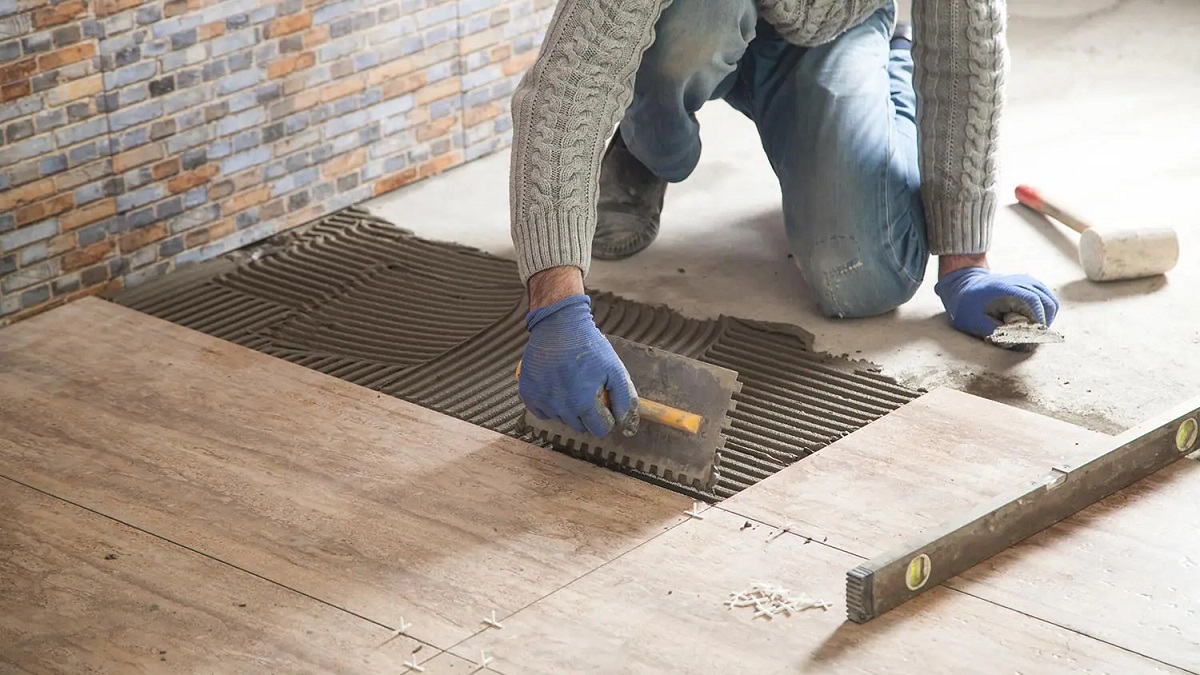
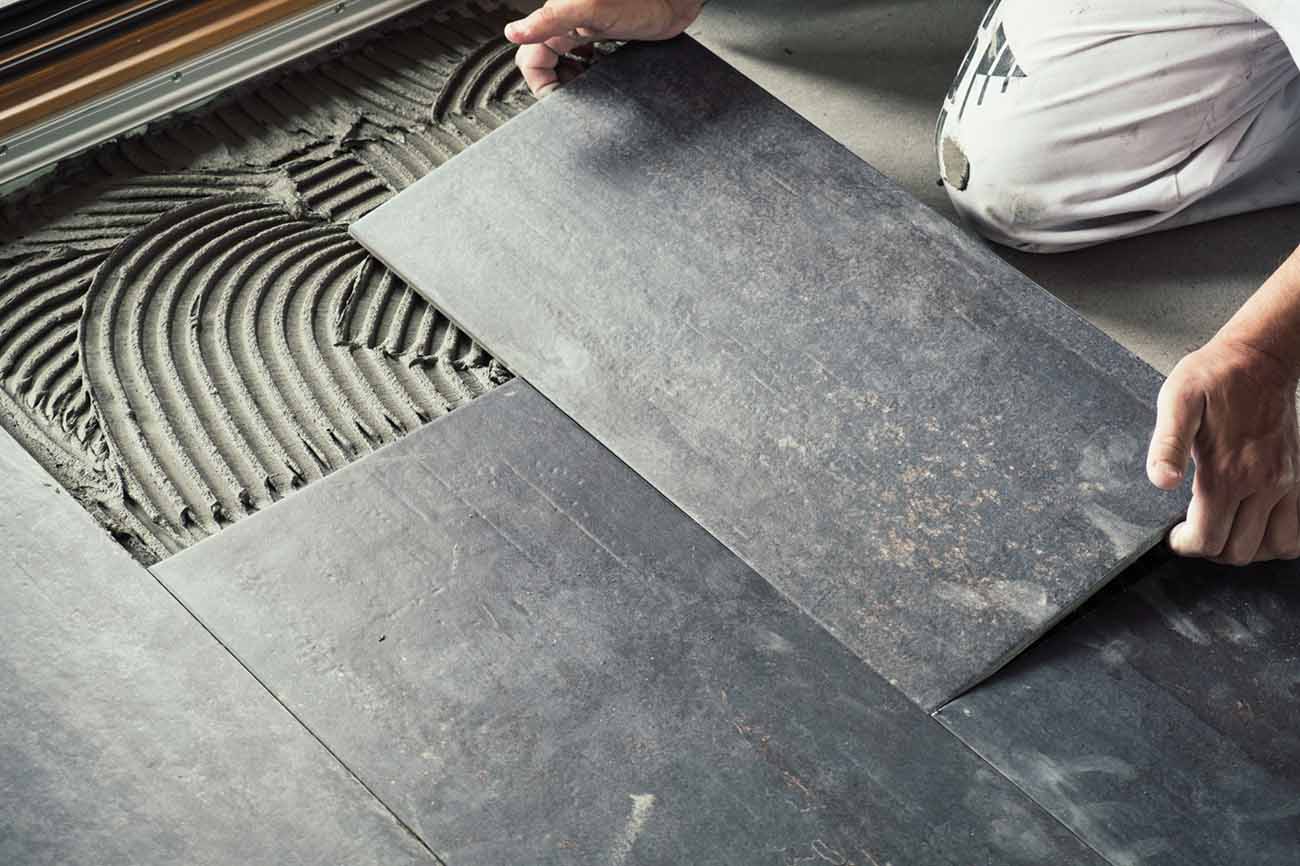
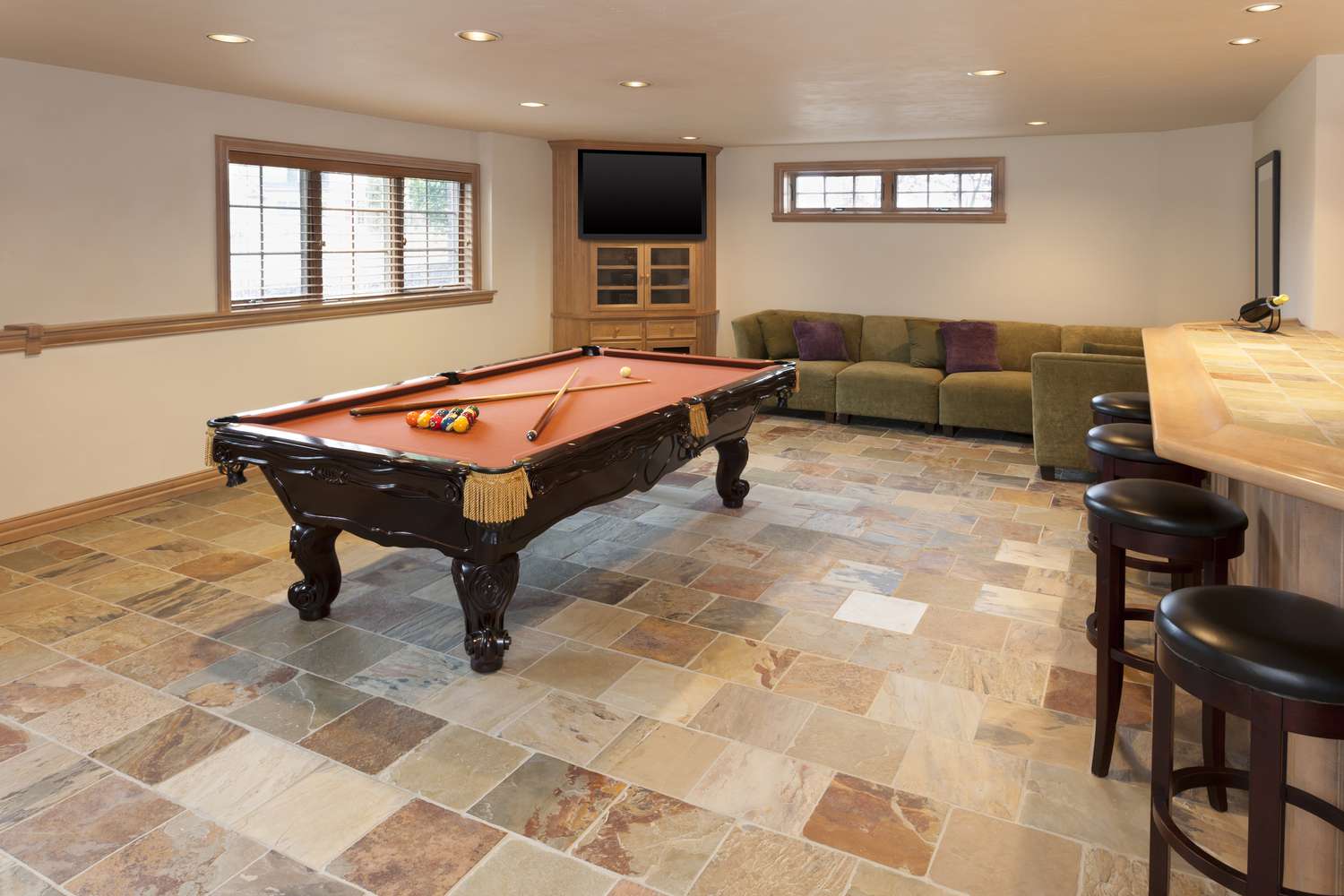
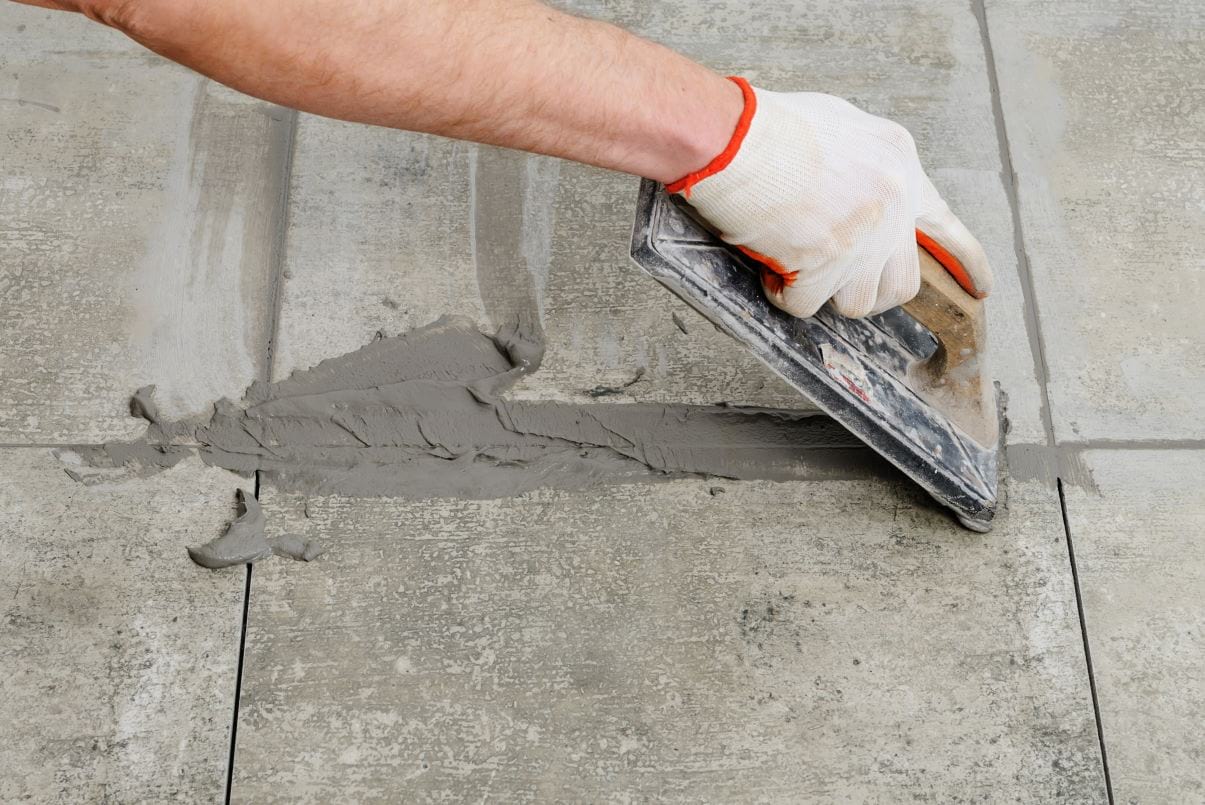
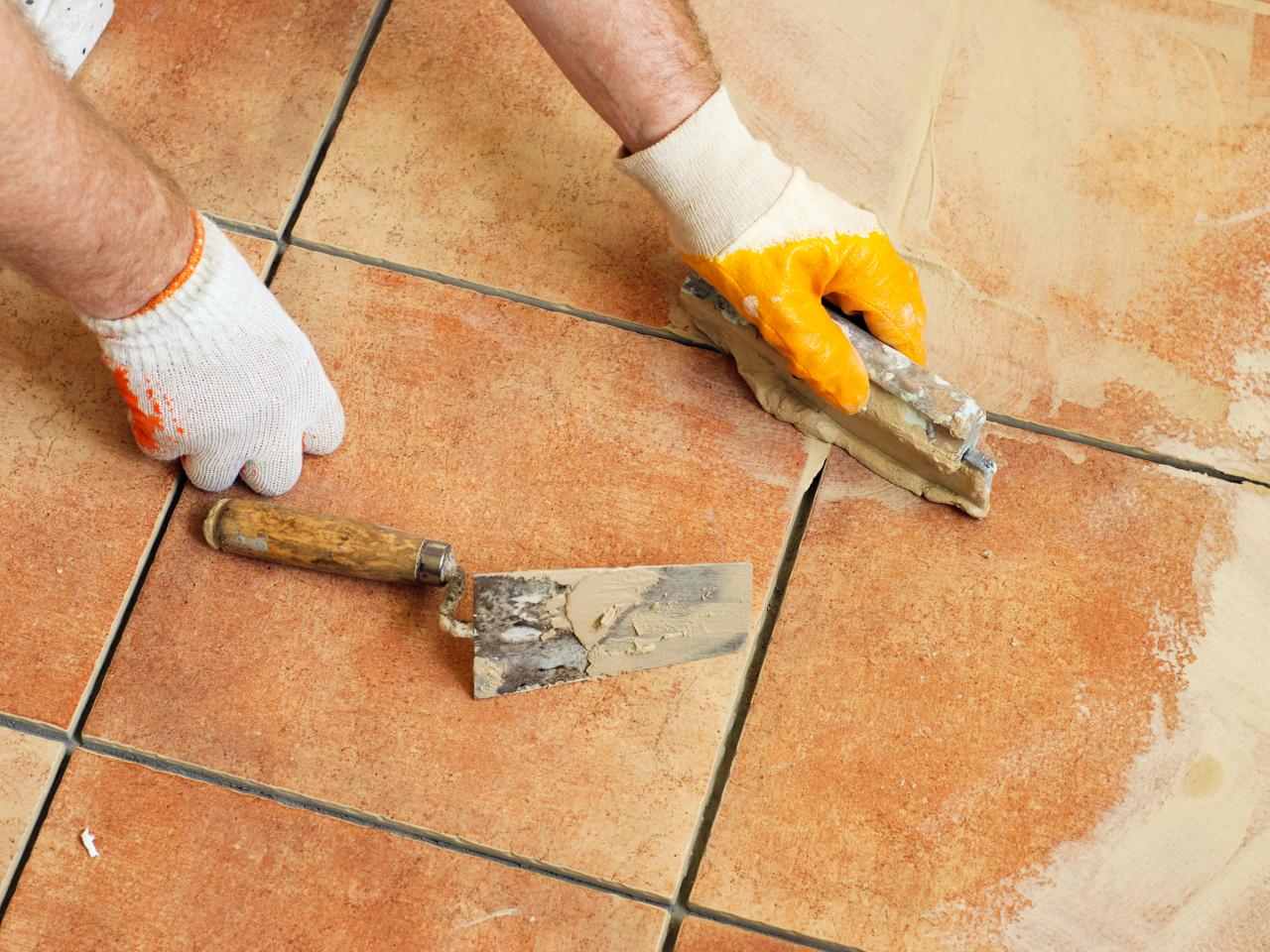
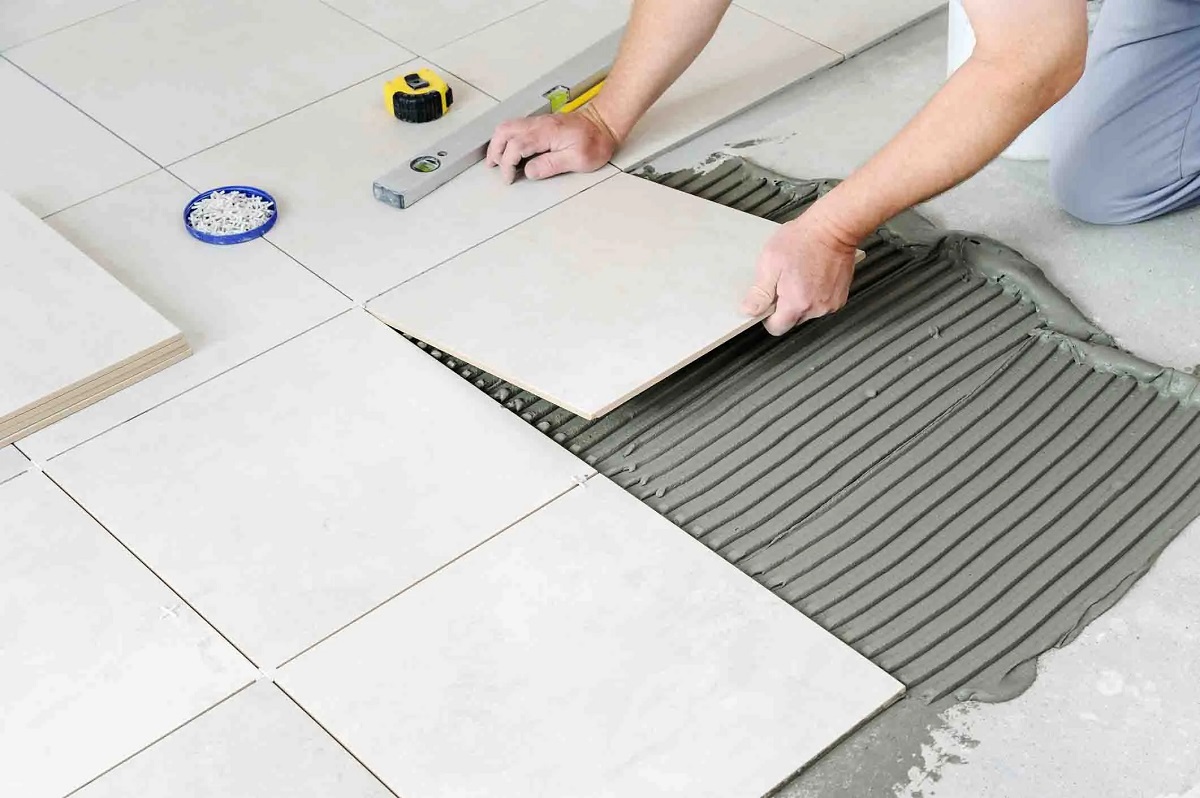

0 thoughts on “What Are Floor Tiles Made Of”